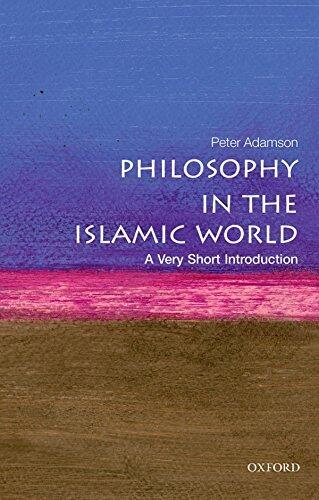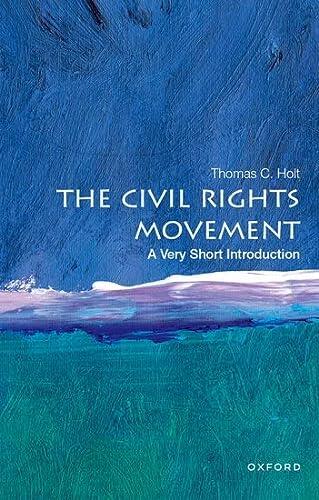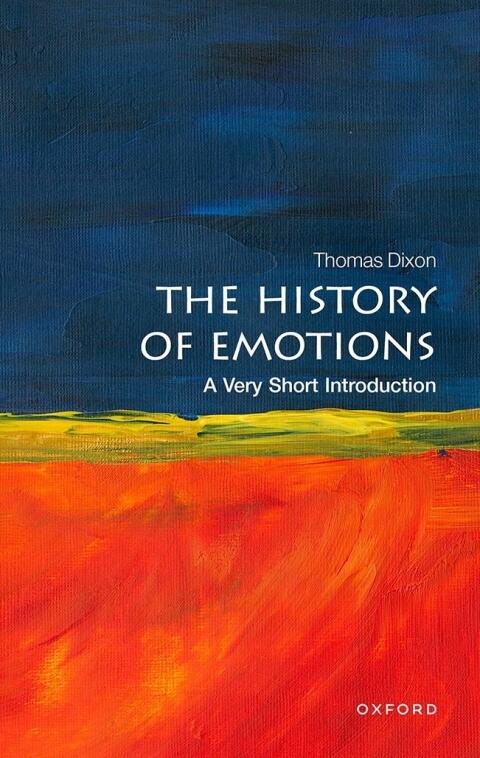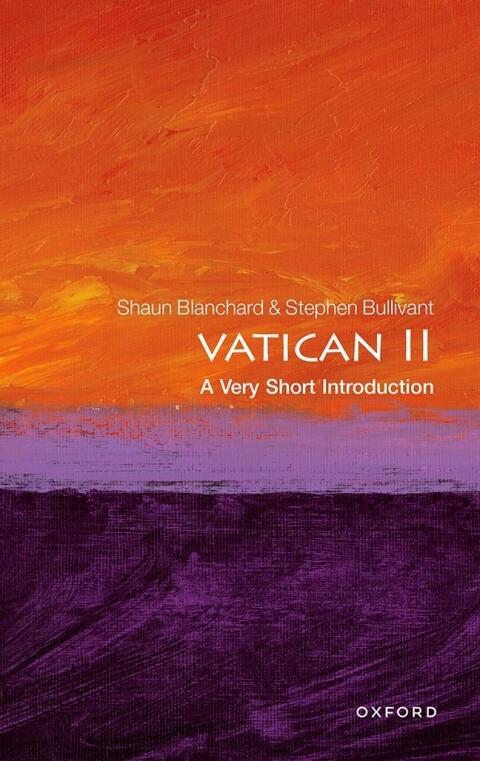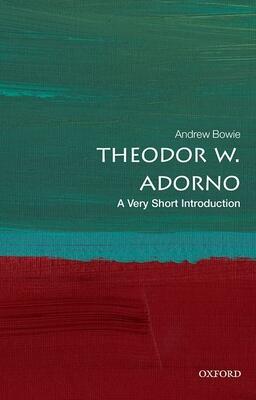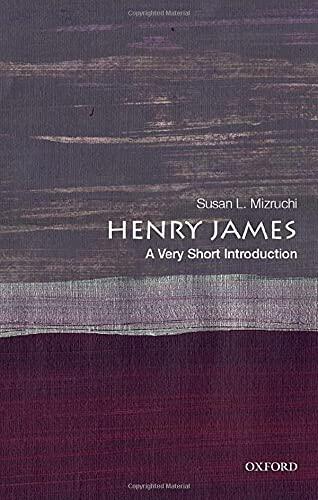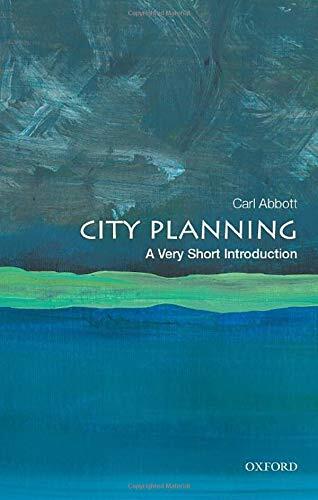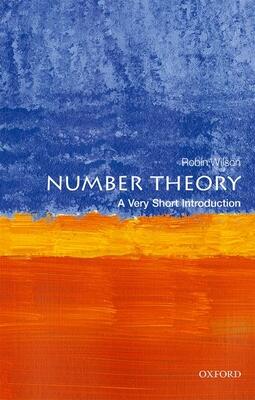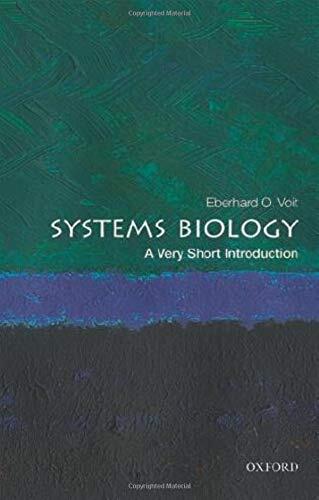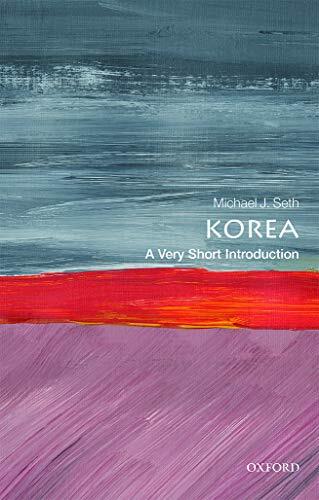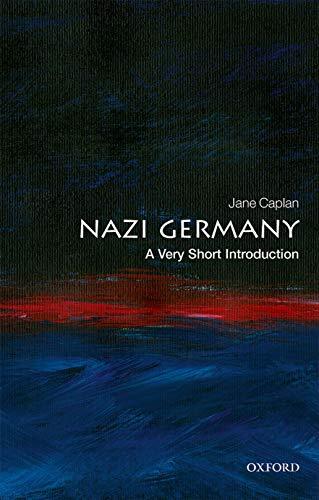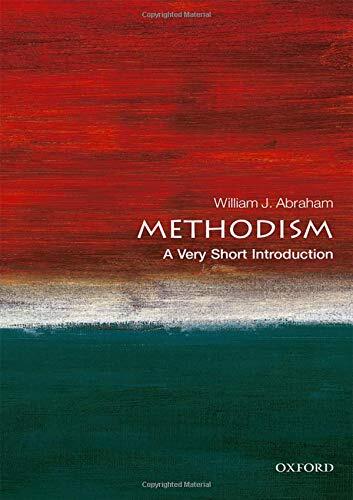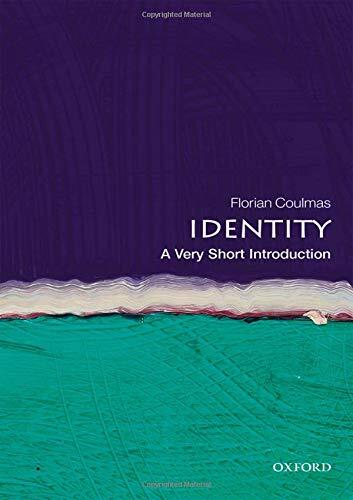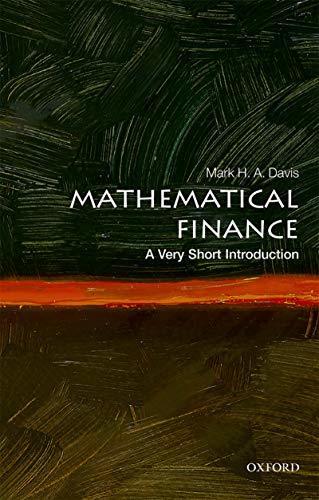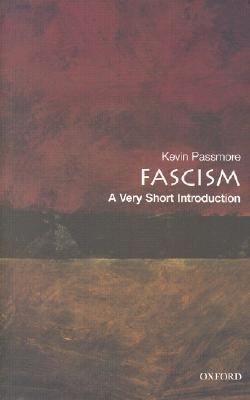
Fascism: A Very Short Introduction
Ancora nessuna valutazione
History
Formato
Brossura
Pagine
176
Lingua
Inglese
Pubblicato
Jan 1, 2002
Editore
Oxford University Press
ISBN-10
0192801554
ISBN-13
9780192801555
Descrizione
Fascism is an ideology that has sparked intense debate and analysis throughout history, and Kevin Passmore delves into its complexities with thought-provoking insights. He explores the dual nature of fascism, presenting it as both a revolutionary force and a reactionary movement. By dissecting its origins and evolution, Passmore highlights how fascism challenges traditional political frameworks and influences social dynamics.
The narrative navigates through key historical moments and figures, creating a rich tapestry of events and ideas that shaped fascist thought. Passmore emphasizes the movement's adaptability, showing how it has morphed to fit different national contexts while retaining its fundamental characteristics. This exploration sheds light on the reasons behind its resurgence in contemporary society.
Moreover, the author encourages readers to critically assess the moral and ethical dimensions of fascism and its implications for modern politics. By examining the interplay between fascism and democracy, he invites a deeper understanding of its lasting impact.
This concise examination equips readers with the tools to engage with the ongoing discussions about fascism, making it an essential resource for anyone seeking to understand this controversial ideology in a nuanced way.
The narrative navigates through key historical moments and figures, creating a rich tapestry of events and ideas that shaped fascist thought. Passmore emphasizes the movement's adaptability, showing how it has morphed to fit different national contexts while retaining its fundamental characteristics. This exploration sheds light on the reasons behind its resurgence in contemporary society.
Moreover, the author encourages readers to critically assess the moral and ethical dimensions of fascism and its implications for modern politics. By examining the interplay between fascism and democracy, he invites a deeper understanding of its lasting impact.
This concise examination equips readers with the tools to engage with the ongoing discussions about fascism, making it an essential resource for anyone seeking to understand this controversial ideology in a nuanced way.
Recensioni
Nessuna recensione ancora
Sii il primo a recensire questo libro e condividi i tuoi pensieri
Aggiungi Prima RecensioneRegistro di Lettura
Nessun registro di lettura trovato
Inizia a tracciare i tuoi progressi di lettura per vedere i registri qui
Aggiungi il tuo primo registro di letturaNote
Registro delle transazioni
Nessun registro delle transazioni trovato
Inizia a tracciare le tue transazioni di libri per vedere i registri qui
Aggiungi il tuo primo registro di transazione